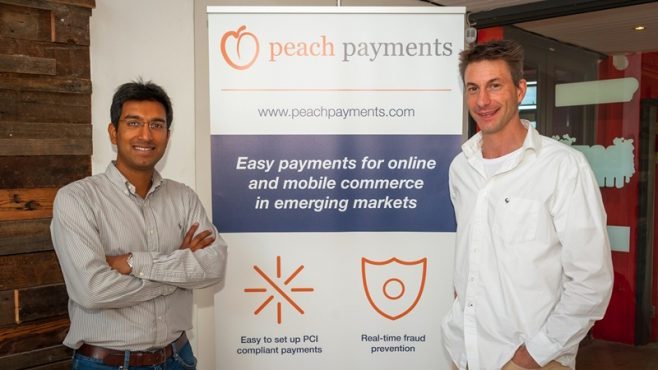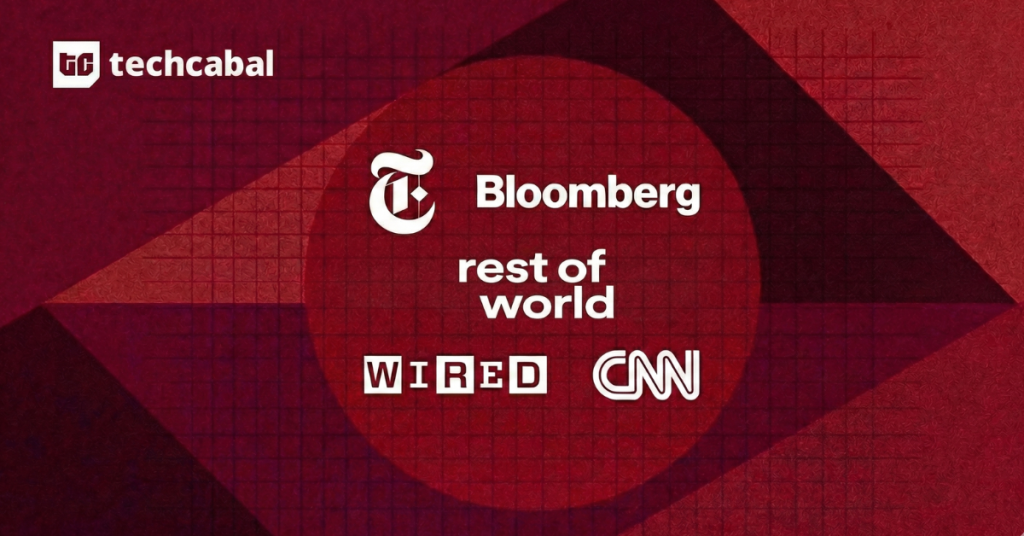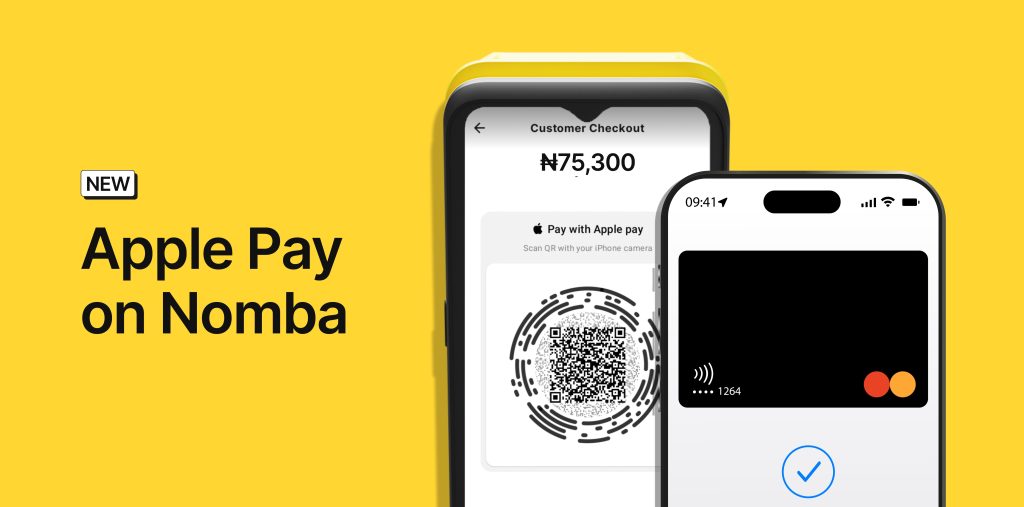South African payments startups, Peach Payments, recently launched a payments solution called PaySafe, and announced their intention to expand to three African countries – Nigeria, Kenya and Namibia.
Peach Payments is a startup that offers businesses (especially SMEs) a way to receive payments across platforms – websites and mobile apps – allowing customers use payment methods like debit cards, bank transfers and mobile wallets. This all-inclusive approach helps local business who would otherwise not have been able to process online payments.
According to co-founder, Rahul Jain, “Our solutions address the pain points of traditional payment methods and are geared to the realities of the African market. One of the biggest challenges businesses in emerging economies face is that traditional online payment systems in Europe and the United States were developed in and for these markets. Despite there being many players in the payments solutions space, the dire need for advanced payment platforms in developing countries presented us with a tremendous opportunity.”
Peach Payments currently processes about R1 billion in transactions per year. With PaySafe, businesses who aren’t online can receive payments by mailing customers/clients a link they can click and pay online. These businesses don’t have to worry about integration and PaySafe is customisable.
Rahul says, “Peach PaySafe allows users to improve their cash flows and dramatically reduce administrative costs associated with collecting payments whilst making the transaction much safer. Our insight into our home market has allowed us to create a payment system that works smoothly for mobile and online merchants and their customers and now for non online business, and to develop allied products that solve real pain points.”
More 200 South African online merchants use Peach Payments (including Zando, Spree, Safarinow and Quicket). Talking about Peach Payments’ expansion to other African countries, Rahul said, “Going forward, ‘mobile first’ is our mantra. The number of people in emerging markets that are accessing the Internet using mobile devices is escalating at an extraordinary rate.”











